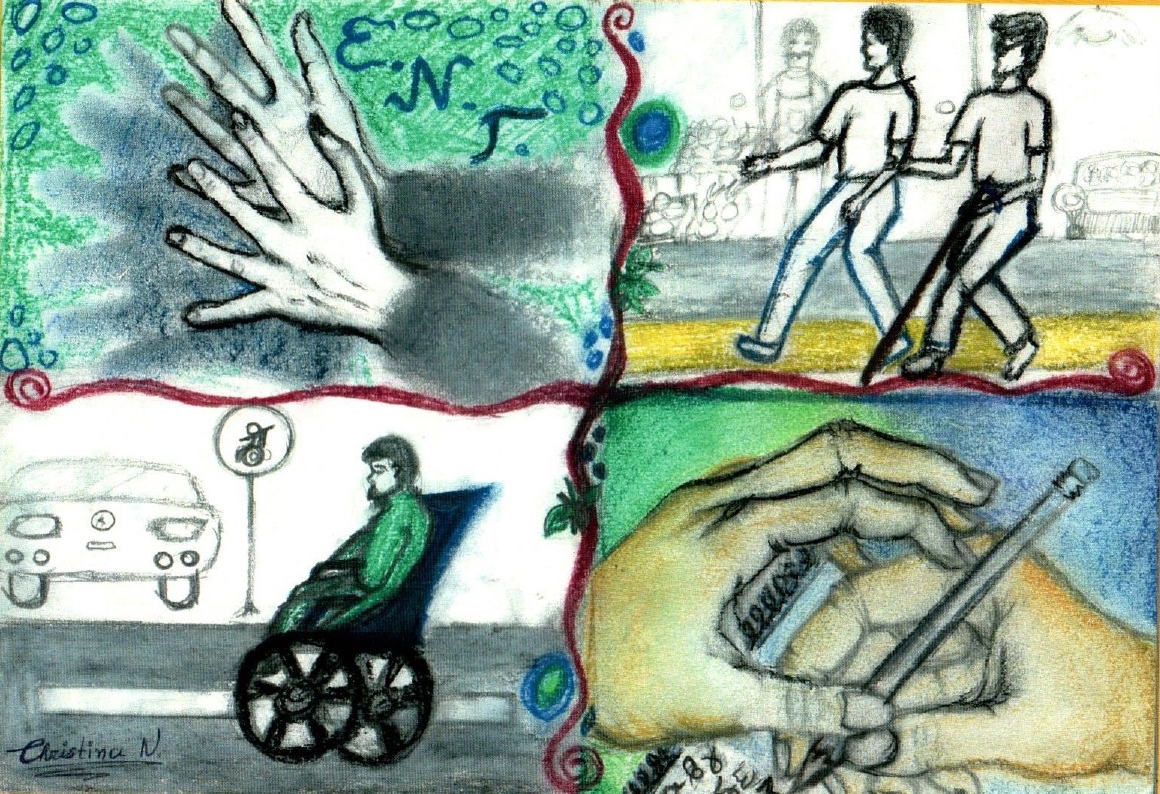Conceptual definitions
Individuals with mild intellectual disability have limitations in their cognitive functioning and adaptive behavior. These difficulties manifest in perceptual, social and practical skills and are often evident in the areas of memory, attention and language. People with mild intellectual disabilities show a lower IQ than the general population (IQ 50-70).
Typical difficulties
A common characteristic of people with mild intellectual disability is low academic performance. Some difficulties may involve the following:
- Perception, information processing, attention and memory.
- Organization of time.
- Verbal expression.
- Manifestation of desires.
- Abstract thinking and generalization of information.
- Development of social relationships.
- Coordination and fine motor skills.
Some other features are as follows:
- Some other features are as follows:
- Low self-confidence and reduced intention to take initiatives.
- General clumsiness.
- Immature or inappropriate behavior.
- Unstable emotional state.
Teaching techniques-Adaptations
Applying a multi-sensory approach to teaching helps students with different learning profiles (visual and/or auditory and/or tactile) to benefit from teaching. Also, a variety of techniques can improve the learning ability of students with mild learning disabilities. In more detail:
In communication
- Normal rate of speech.
- Allow time for the student to answer.
- Use simple and clear language.
- Use of alternative words and expressions
- Using gestures, such as “let’s go there” by pointing to where we want to go.
- Avoiding humor, sarcasm, non-literal expressions.
- The student is asked to repeat what the teacher did not understand or to show what he means.
- The teacher does not pretend to understand.
In class:
- Computer and assistive technology use.
- Copies of notes or slides from fellow students or lecturers.
- Giving brief notes before the lesson and using visual material.
- More time to complete tasks outside and inside the classroom.
- Presenting the instructions through different approaches.
- Knowledge of the subject matter before the start of the academic semester.
Before and during the exams:
- More time during the exam.
- Exams take place in a quiet environment without distractions.
- Allowing for breaks during exams.
- The exams are given in parts of the examined material and not in the whole material
- Accurate and clear wording of exam topics.
- The use of calculators, spellers, a dictionary, a text decoder and/or a scribe is permitted during the examinations.
- Possibility of an alternative type of examination (e.g. oral examination).






